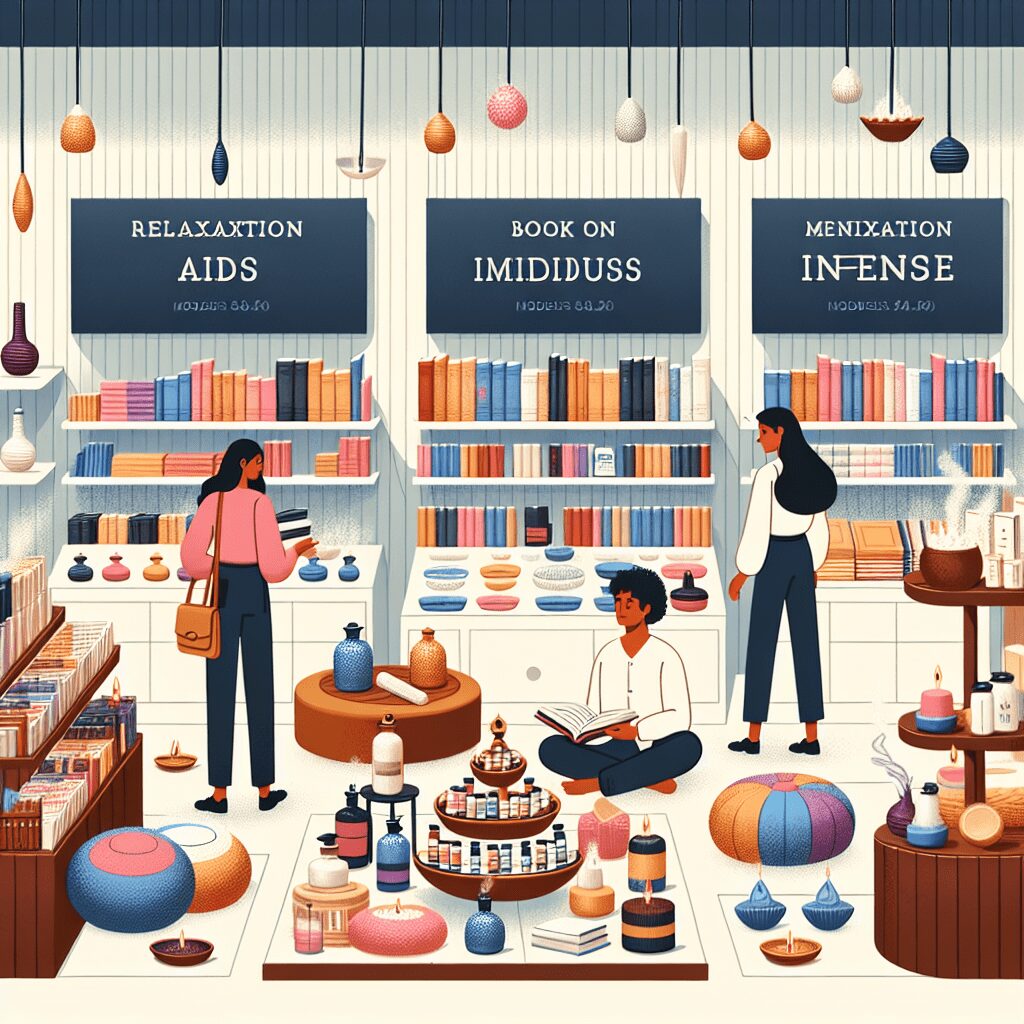
Prioritize your mental well-being daily. Enhance your life by nurturing your mental health with the Smart Meditation app. Break free from stress, alleviate anxiety, and enhance your sleep quality starting today.
Where Did Anxiety Originate From?
Unraveling the Mysteries of Anxiety: A Timeless Quest
Humanity’s tryst with anxiety is as ancient as our history itself. Anxiety, that knotty feeling in your gut, the restless whisperer of “what ifs,” isn’t a modern malaise. It’s a complex, multifaceted experience deeply entrenched in the human condition, evolving with us through millennia. But where did it all begin? Let’s embark on a journey to unearth the origins of anxiety and understand its place in our lives.
The Evolutionary Roots of Anxiety
Once upon a time, in the wild, untamed expanses of prehistoric Earth, our ancestors faced threats that were a tad more severe than a missed email or a traffic jam. Think ferocious predators, harsh weather conditions, and the constant struggle for survival. In this high-stakes environment, anxiety wasn’t just useful; it was critical for survival. It acted as an early-warning system, a biological alarm bell that heightened awareness and prepared the body for fight or flight.
The Inner Workings of Primitive Instinct
Imagine you’re a caveman, and your senses are tingling, warning you of a lurking saber-toothed tiger. That spike in adrenaline, quickening of your pulse, and the urgent need to decide between confrontation and retreat? That’s anxiety in its most primitive and essential form. It’s your body’s way of saying, “Heads up, we might need to make a run for it or fight for our lives.”
Anxiety in the Modern Milieu
Fast forward to the 21st century, and while most of us aren’t dodging predators on our way to work, the essence of anxiety remains unchanged. It manifests in response to perceived threats, albeit of a different nature – social pressures, work stress, health concerns, or uncertainty about the future. The evolutionary remnants of our fight or flight response still kick in, albeit often without a clear and present danger.
Navigating the Complexities of Today’s World
In today’s fast-paced, hyper-connected world, our ancient alarm systems are bombarded with false alarms, leading to what we now recognize as chronic anxiety. This misfiring can be attributed to a myriad of modern triggers from our labyrinthine social structures, round-the-clock connectivity, and the relentless pursuit of perfection. The result? Our ancient defense mechanism, instead of protecting us, ends up spinning its wheels, creating a backdrop of persistent unease in our day-to-day lives.
So, what’s the take-home message here? Well, acknowledging anxiety’s deep-seated roots in our evolutionary history can be liberating. It helps us understand that feeling anxious isn’t a sign of weakness or a modern flaw; it’s a fundamental part of being human. However, the key lies in recognizing when this ancient alarm system is sounding unnecessary alerts and learning strategies to turn down the volume.
Understanding and Managing Anxiety: Strategies for the Modern Human
No longer do we need to rely solely on our primal instincts to navigate the complexities of modern life. Today, we’re equipped with insights from psychology, neuroscience, and mindfulness practices that offer robust strategies for managing anxiety. Here’s a brief rundown:
-
Mindfulness and Meditation: Grounding yourself in the present can help quiet the incessant chatter of anxiety. Techniques like mindfulness meditation have shown promise in reducing symptoms of anxiety by fostering a state of calm and awareness.
-
Cognitive Behavioral Therapy (CBT): CBT is a structured, time-limited therapy that aims to challenge and reframe negative thought patterns, helping to reduce anxiety and improve overall mood.
-
Lifestyle Changes: Never underestimate the power of regular exercise, a healthy diet, and adequate sleep. Physical well-being is intricately linked to mental health, and these lifestyle adjustments can work wonders on your anxious mind.
-
Seeking Professional Help: Sometimes, the guidance of a mental health professional is invaluable in navigating the murky waters of anxiety. There’s no shame in seeking help; consider it a brave step towards understanding and managing your anxiety.
Anxiety, with its roots deeply embedded in our evolutionary past, serves as a reminder of our shared humanity. Embracing it as a part of our navigational toolkit, rather than a flaw, can transform our relationship with this age-old companion. By understanding where anxiety comes from and how it has shaped our journey as humans, we empower ourselves to live more fulfilling, less Fearful lives. So here’s to embracing the legacy of our ancestors, not with dread, but with appreciation and a proactive stance towards managing anxiety in the modern world.





